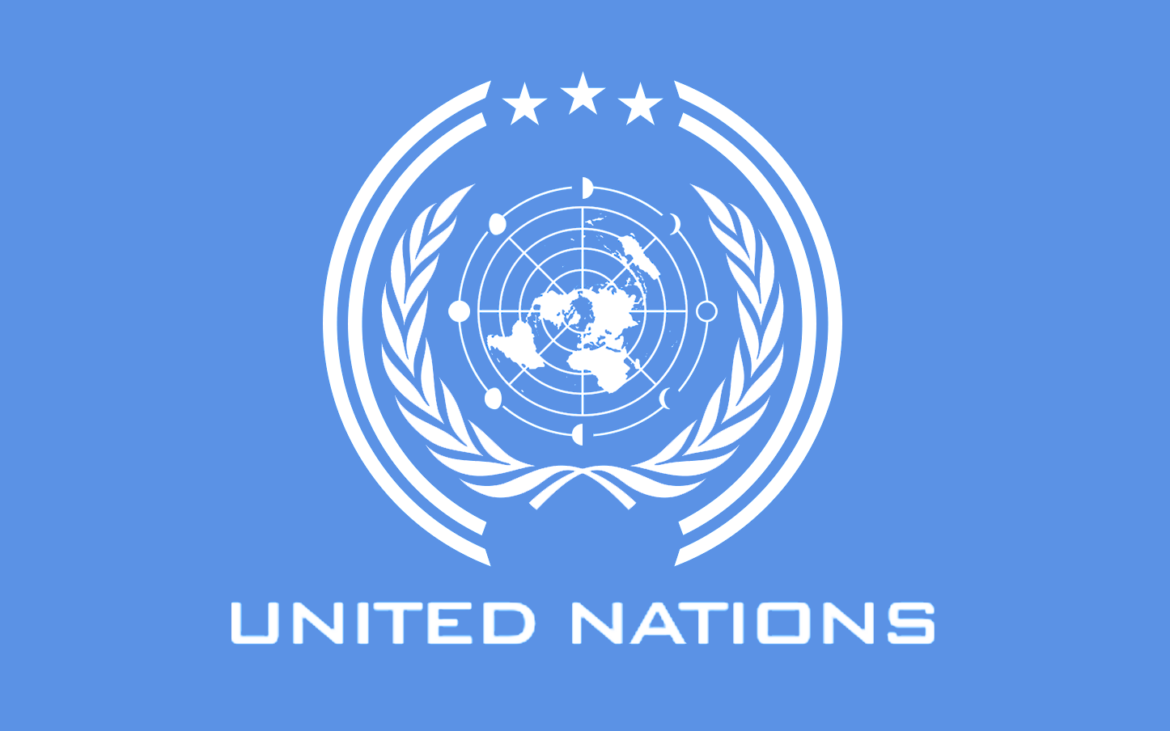By Asmau Ahmad
An estimated five million children died before their fifth birthday, and another 2.1 million children and youth aged between five and 24 years lost their lives in 2021, according to the latest estimates by the United Nations Inter-agency Group for Child Mortality Estimation, released on Tuesday.
In a separate report also released, the group found that 1.9 million babies were stillborn during the same period.
The group, however, said many of these deaths could have been prevented with equitable access and high-quality maternal, newborn, child, and adolescent health care.
“Every day, far too many parents are facing the trauma of losing their children, sometimes even before their first breath,” said Vidhya Ganesh, UNICEF Director of the Division of Data Analytics, Planning and Monitoring.
“Such widespread, preventable tragedies should never be accepted as inevitable. Progress is possible with stronger political will and targeted investment in equitable access to primary health care for every woman and child,” Ganesh added.
Meanwhile, the reports showed some positive outcomes, with a lower risk of death across all ages globally since 2000.
“It is grossly unjust that a child’s chances of survival can be shaped just by their place of birth and that there are such vast inequities in their access to lifesaving health services.
“Children everywhere need strong primary health care systems that meet their needs and those of their families, so that no matter where they are born, they have the best start and hope for the future,” said Dr. Anshu Banerjee, WHO Director for Maternal, Newborn, Child, and Adolescent Health and Ageing.
“Though sub-Saharan Africa had just 29 per cent of global live births, the region accounted for 56 per cent of all under-five deaths in 2021, and Southern Asia for 26 per cent of the total.
“Children born in sub-Saharan Africa are subject to the highest risk of childhood death in the world, 15 times higher than the risk for children in Europe and Northern America,” the group noted.
According to the Global Director for Health, Nutrition, and Population, World Bank and the Director of the Global Financing Facility, Juan Uribe, behind these numbers are “millions of children and families who are denied their basic rights to health.”
The reports also note gaps in data, which could critically undermine the impact of policies and programmes designed to improve childhood survival and well-being.
“The new estimates highlight the remarkable global progress since 2000 in reducing mortality among children under age five,” said John Wilmoth, Director, UN DESA Population Division.”




